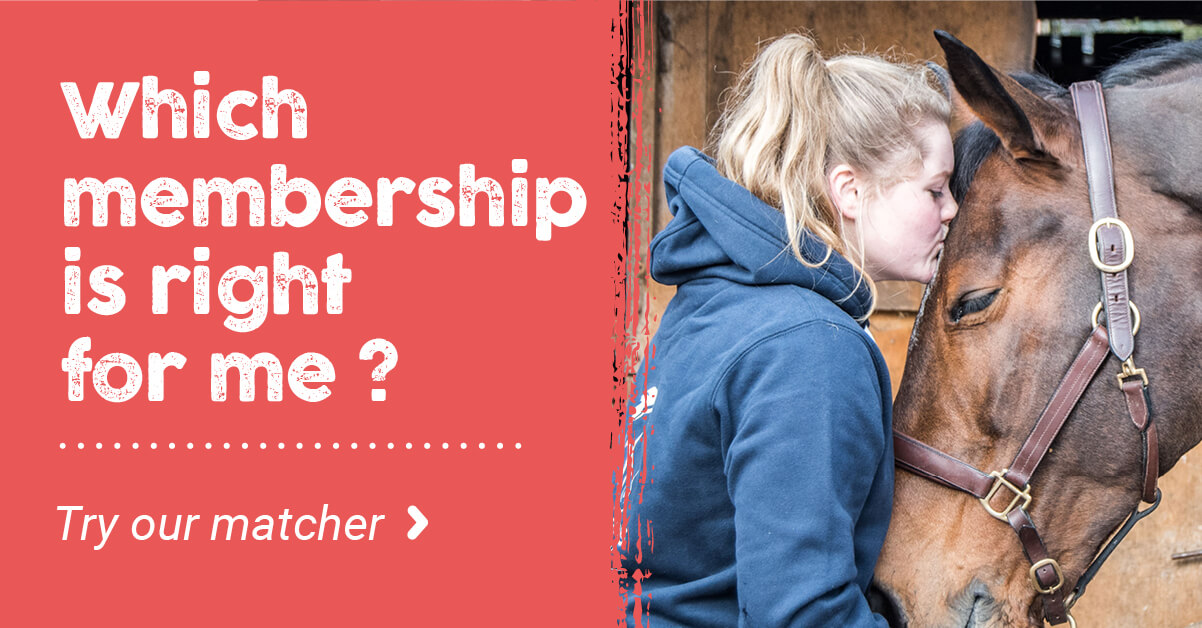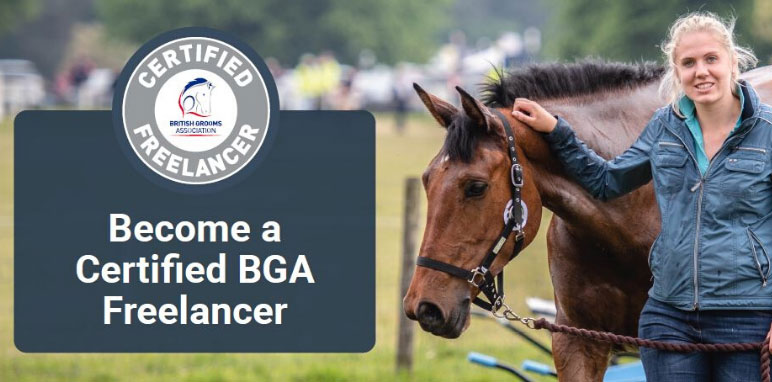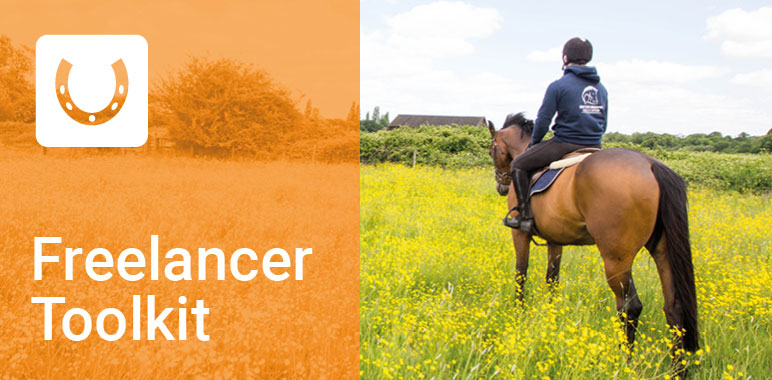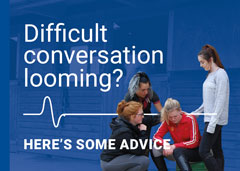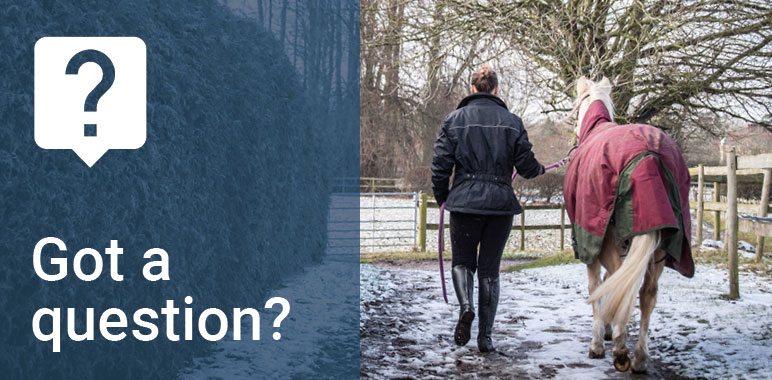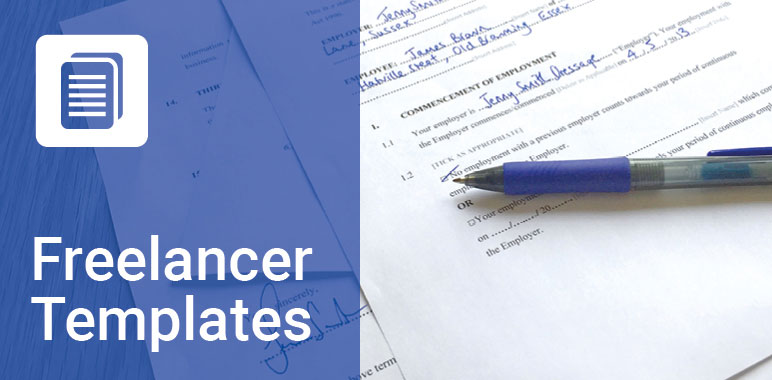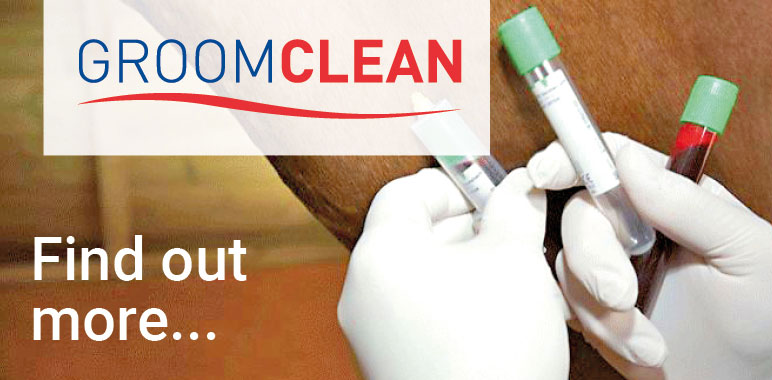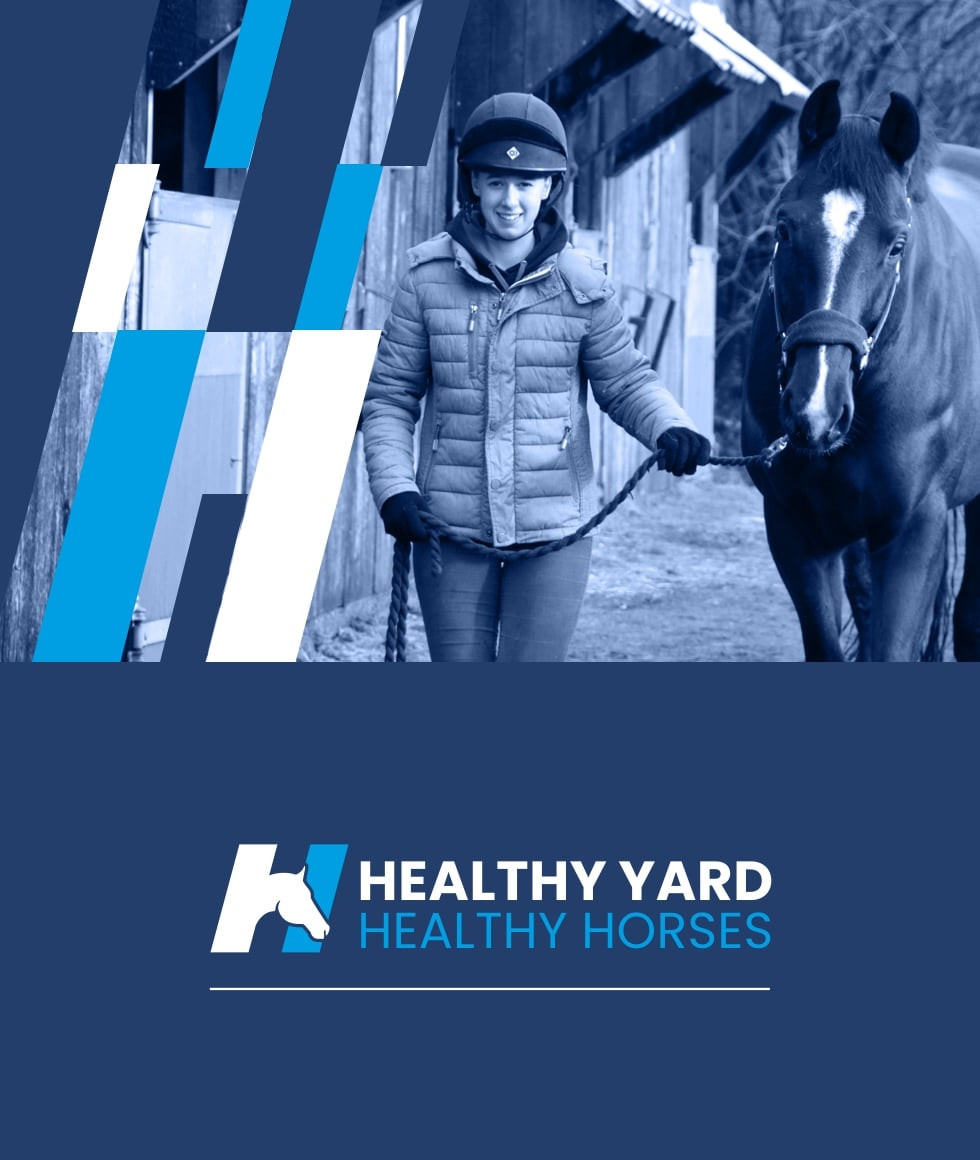- Join Now
- Login
- Member Zone
- Your Career
- Freelancing
- International Grooms Association
- BGA Training
- Healthy Yard Healthy Horses
- Transporting horses
- Brexit
- Safe workplace
- Student Zone
- Member Discounts
- BG Magazine
- Member services
- Training & Careers
- BGA CV Creator
- Horse groom training
- Where to Train
- BGA E Learning
- Career choices
- Change to Racing
- First Aid training for grooms
- Parents
- Grooms Jobs
- Grooms Life
- About
- News
- Contact

Equine Influenza Practical Advice
13th February 2019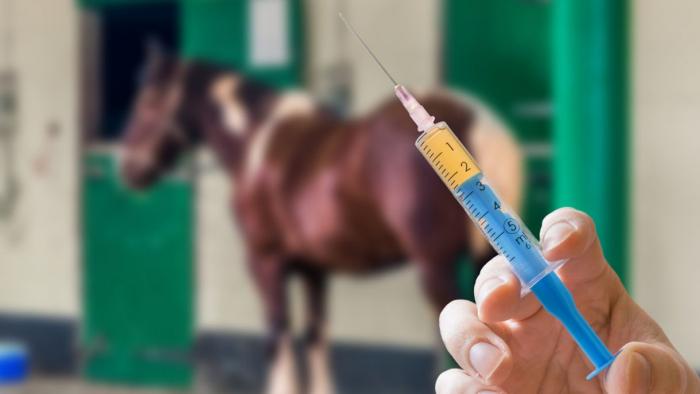
With equine influenza (flu) spreading throughout the UK we offer some practical advice.
Equine Influenza has always been a threat among horses, as has Strangles, EHV and many more. The risk increases for busy yards especially for the competition yard and ones where the throughput of new horses is high.
The difficulty with many viruses and bacterial infections is that they are not visible to the naked eye and horses can be infectious for a number of weeks before any symptoms are apparent.
By having sensible and sustainable steps in place you can reduce the risk of horses becoming infected, and if horses do become infectious you can minimise the risk to other horses on the yard.
- It is good practice to routinely take and record the rectal temperature of all horses twice daily, which should be ≥38.5°C/101.3°C. This way you can immediately recognise a horse with an increased temperature (also referred to as pyrexia). If you are worried please call your vet, even if it is for advice.
- Avoid sharing equipment without having disinfected items between each horse. Similarly if you are suspicious about any skin infections such as ringworm avoid using the same brushes, saddle pads or tack to prevent spread of infection.
- New horses coming onto the yard should be routinely isolated. Yards should be able to organise a remote corner of a yard, or a paddock where new horses can be quarantined ideally for three weeks. It is also good practice to take a blood sample.
- It is important not to move horses off premises where an infectious disease has been recently diagnosed as seemingly healthy animals may be carrying the disease. If these horses are taken to events they could spread infection to other horses.
- All horses, including field kept ones, should be vaccinated. Vaccinations are vital in tackling the spread of the disease so all owners must ensure that their vaccination records are up to date, and if it’s been longer than 6 months since the last vaccination then discuss a booster with your veterinary surgeon.
- Ensure that everyone visiting your yard such as farriers have taken the correct precautions.
When attending an event
Current (13/02/19) recommendations by the BEF is that it is not neccassary to cancel cometions, unless advised by your local veterinary surgeon.
When at an event:
- Try not to let horses touch noses and avoid touching other people’s horses yourself.
- Disinfect your transport afterwards — ask your vet about suitable disinfectants.
- If you are staying overnight disinfect the stables before putting your horse in them (there are easy to use sprays available for this) and ensure that horses can’t make contact with their neighbours.
Clinical signs of equine influenza (flu) include:
- The sudden onset of a dry, harsh cough which can continue for two to three weeks and potentially persist for longer
- A raised temperature which lasts around 7 - 10 days
- A nasal discharge that is initially clear but becomes thick and purulent
- Loss of appetite
- Lethargy
Please isolate the horse and contact your vet immediately if you have any concerns.
Out breaks of equine influenza are not only debilitating for the horse concerned but can also have devastating effects on the whole yard and business. Common sense, prevention and precaution is key.
If you have any concerns please contact your vet. For regular updates on the outbreak please visit the BEF website by clicking here.
What the personal accident policy covers you for:
- Whilst at work
- All stable duties – mucking out, grooming, washing off, turning out
- Clipping
- Riding – including hacking and jumping
- Hunting
- Lunging
- Breaking in
- Holding horse for a vet and other procedures
- Travelling horses both in the UK and abroad
- Competing in line with your job including: jumping, dressage, eventing
- Injuries that may happen to you whilst you are teaching - but you must also be grooming as part of your duties and not be a sole instructor
What the personal accident policy doesn’t cover you for:
- Riding in a race, point to point or team chase
- Stunt Riding
- Accidents occurring whilst travelling to and from work
- Riding and competing your own horse (but you can upgrade when applying for membership to include this)
- Public Liability – this is a separate insurance policy - the Freelance Groom Liability Insurance
- Care Custody and Control – this is a separate policy - the Freelance Groom Liability Insurance
If you require additional cover then please contact KBIS directly.
| GROOM | RIDER | EMPLOYER | |
|
When you are working for other people you do most of the following; muck out, turn out/catch in, tack up, groom horses, exercise Horses (including hacking, jumping and schooling), in the care of your employer/client. |
|
|
|
| Predominantly ride horses for other people including schooling, exercising and competing. | NO |
YES |
YES |
| Provide grooming services for someone else either full time or on a freelance basis i.e. an employer or a client. | YES |
NO |
NO |
| Employ staff – have an employers liability policy in your name | NO | NO | YES |
| Buy and sell horses | NO | YES | YES |


